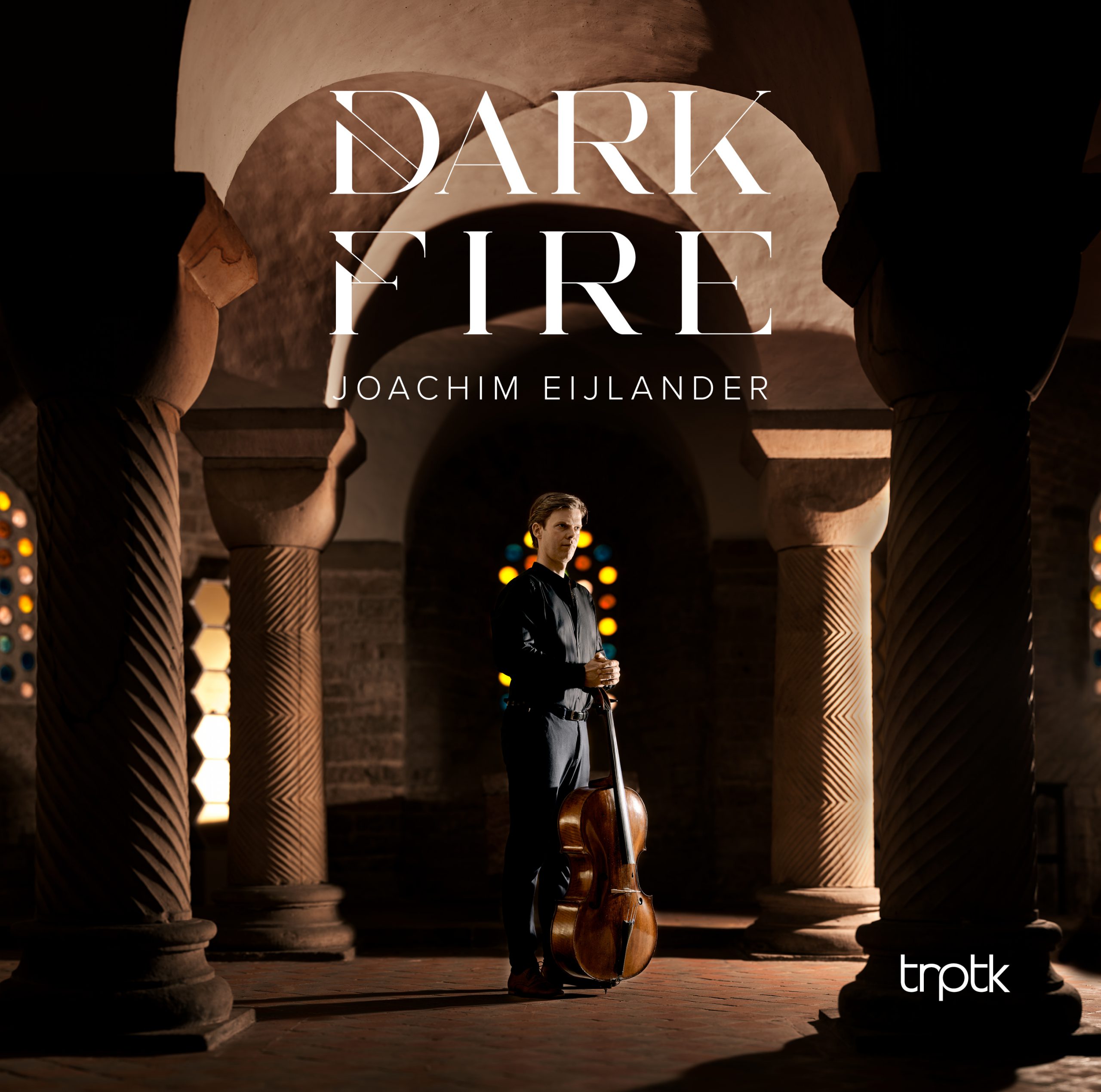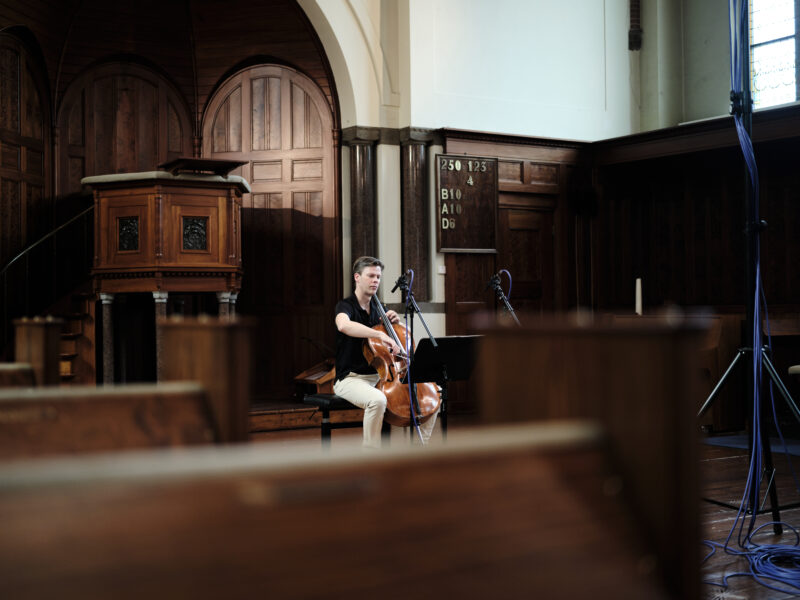Philosopher Martin Heidegger (1889–1976) described the encounter between the organised philosophical world of the ancient Greek and the mystical, abstruse world of the East as a dark fire.
About the album
Philosopher Martin Heidegger (1889–1976) described the encounter between the organised philosophical world of the ancient Greek and the mystical, abstruse world of the East as a dark fire. This would have caused the enlightenment in Greek poetry. It’s unclear what Heidegger really thought about it, but I found the mental image of a dark fire lit by this chance meeting beautiful and highly inspiring. For Heidegger, this was mainly about the East and West, but to me it’s about an encounter with the realms of other people’s experience, principally those of musicians. When two energies meet for the first time and are fully open to the experience, a new mirror image of themselves they have never seen before will arise. This is also why “Dark Fire” is also a force of self- recognition. Turkish composer Ahmet Adnan Saygun, a contemporary of Heidegger, whose Partita plays a central role on this album, also describes this force with the quote on the previous page.
Together with duduk player Kadır Sonuk I play Sarı Gelin, an Azerbaijani traditional. Through my collaborations with Kadır, I learned to play and think more outside of the confines of the notes. To trust my intuition and to dare to create music in the spirit of improvisation. I also made an arrangement and improvisation to a song by Aşık Veysel, together with Kadır.
In my musical collaboration with classical guitarist Izhar Elias, I play two works by Spanish composer Gaspar Cassadó. It was only when I started to play these pieces lighter, more transparent, and less forceful that Ihzar and I began to understand each other, and I could fully get in touch with his timbre. I grabbed my bow a bit more towards its middle, giving me better control over my articulation – and actually got to play a bit more like a guitar.
With Vincent van Amsterdam on accordion, I had to work in a total opposite fashion; this duo demanded a more broad and continuous sound. With him, I played Sachidao from 5 Pieces on folk themes by Georgian composer Sulkhan Tsintsadze. It’s such infectuous music, grasping at you and never letting go. With pianist Helena Basilova I play three other movements from this cycle, beautifully written for cello and piano; clear, harmonic and balanced.
The starting-off point for all these encounters with my duo partners is formed by solo pieces. This album opens with Ahmet Adnan Saygun’s Partita for solo cello, Op. 31, enclosed between its meditative sounds at the beginning and the end. It’s with this droning low note together with the melody on top that you can already imagine a duet with cello and duduk. The highly colorful Suite for cello solo by Gaspar Cassadó is followed up by duos with classical guitar. Particularly in Lamento de Boabdil, you can clearly hear the Arabic influence on Spanish music. Lastly, the seldomly-performed Toccata for cello solo by Sulkhan Tsintsadze conjures up a musical collaboration with other instruments.
Tracklist click to play/pause
-
Ahmet Adnan Saygun
Partita for solo cello, Op. 31
-
I. Lento
3:423:42
-
II. Vivo
2:052:05
-
III. Adagio
5:535:53
-
IV. Allegretto
3:323:32
-
V. Allegro moderato
3:143:14
-
-
Anonymous
Sarı Gelin
3:503:50
-
Anonymous
Hiçliğe Yolculuk
7:107:10
-
Gaspar Cassadó
Suite for cello solo
-
I. Preludio-fantasia. Andante
5:595:59
-
II. Sardana (danza). Allegro giusto
4:504:50
-
III. Intermezzo e danza finale
5:555:55
-
-
Gaspar Cassadó
Requiebros
5:245:24
-
Gaspar Cassadó
Lamento de Boabdil
3:463:46
-
Sulkhan Tsintsadze
Toccata for cello solo
2:562:56
-
Sulkhan Tsintsadze
5 Pieces on Folk Themes
-
I. Villain's Song on a Carriage
5:275:27
-
II. Tchonguri
1:371:37
-
III. Sachidao
2:462:46
-
IV. Nana
3:333:33
-
V. Dance Tune
2:492:49
-
More information
| Label | TRPTK |
|---|---|
| Genre(s) | Classical – Romantic (1830-1920) Classical – Contemporary (> 1920) World Music |
| Artist(s) | Helena Basilova Izhar Elias Joachim Eijlander Kadır Sonuk Vincent van Amsterdam |
| Composer(s) | Anonymous Cassadó, Gaspar Saygun, Ahmed Adnan Tsintsadze, Sulkhan |
| Recording location(s) | Westvestkerk, Schiedam (NL) |
| Recording date(s) | July - August 2020 |
| Cat. No. | TTK 0056 |
|---|---|
| Release date |
November 29th, 2020 |
| Additional links |
"Above the sonorous, stately bourdon quint in the cello flutter the coloratura of the duduk, with its wistful sound like the call of a night bird. Pure magic, especially where the two instruments eventually blend almost in whispers. These two intimate lamentations form the chilling climax of the CD."
Margaretha Coornstra, Nederlands Dagblad
"Rich and varied repertoire, beautifully put together and fantastically performed."
Peter van der Lint, Trouw
"Very special are the two duets with duduk player Kadir Sonuk, if only because the cello seems to merge completely with that oriental instrument. The duets with guitarist Izhar Elias, accordionist Vincent van Amsterdam and pianist Helena Basilova are also completely successful."
Erik Voermans, Het Parool
"There is every reason to be pleased and happy with this performance by the cellist in which all involved put forth the best they have to offer musically."
Jan de Kruijff, Musicalifeiten
"Dark fire is a very strong album. In terms of sound and style, there is much variety and surprise, Eijlander's tone is alternately tender and dangerously rough. [...] melancholy, rattling, rousing, folkish and of course dark-fiery."
Joep Stapel, NRC
"Sonuk leads the dance - he is also a dancer - with great suppleness, allowing the occasional hoarse edge. Beautiful vibratos complement the mystery of feminine beauty, the cello acts as basso continuo and thus a paternal rest."
Wynold Verweij, Klassiek Centraal
"It is a particularly varied piece, with the second 'Vivo' and the third movement, 'Adagio' particularly striking, the former for its rhythmic patterns, the latter for its poetic lyricism."
Ben Taffijn, Nieuwe Noten
"Two worlds touching. The West with its philosophical leanings and the more mystical East. Cellist Joachim Eijlander has enlisted a selection of top soloists to realize this 'meeting' of contemporary, not everyday repertoire with traditionals. They include duduk player Kadir Sonuk, guitarist Izhar Elias and accordionist Vincent van Amsterdam. Intriguing repertoire in sublime performances. A CD to really sit down for."
Rudolf Nammensma, Leeuwarder Courant (Best Albums of 2020)
"[Eijlander, Sonuk, Elias, Basilova and Van Amsterdam] bring out the inner beauty of these pieces in full with their technically flawless and intrinsically rock-solid playing. Music in which the unexpected, unusual, peculiar and eccentric predominate, with the additional recommendation that the recording made by TRPTK's Brendon Heinst is downright sublime."
Aart van der Wal, Opus Klassiek
Further reading
Related products
-
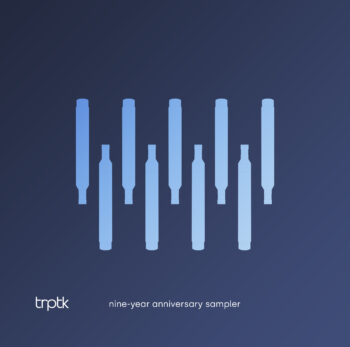
TRPTK nine-year anniversary sampler
Various Artists
Hi-res Download
TTK0119 -
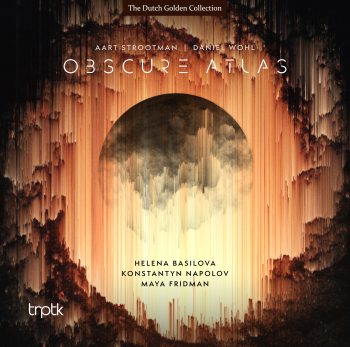
Obscure Atlas
Helena Basilova
Konstantyn Napolov
Maya FridmanHi-res Download
TTK0068 -
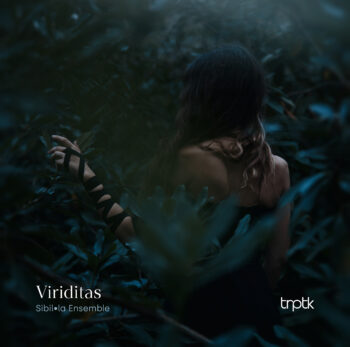
Viriditas
Sibil•la Ensemble
Hi-res Download
TTK0120 -

Gran poder a de mantar (Single)
Sibil•la Ensemble
Hi-res Download
TTK0137 -
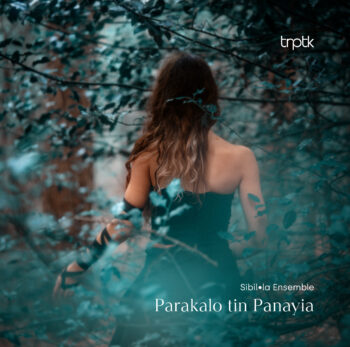
Parakalo tin Panayia (Single)
Sibil•la Ensemble
Hi-res Download
TTK0136 -
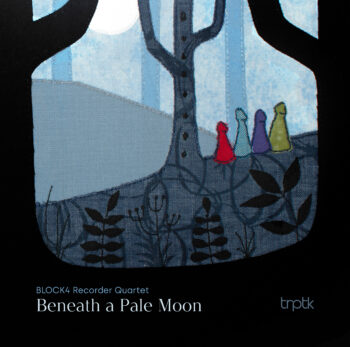
Beneath a Pale Moon
BLOCK4 Recorder Quartet
Hi-res Download
TTK0109 -

Watkin’s Ale (Single)
BLOCK4 Recorder Quartet
Hi-res Download
TTK0134 -
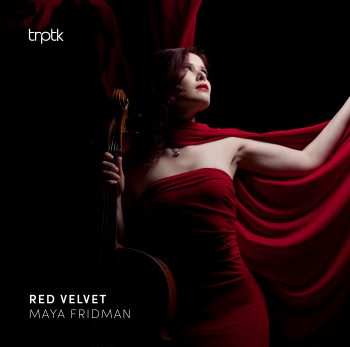
Red Velvet
Maya Fridman
Hi-res Download
TTK0011 -
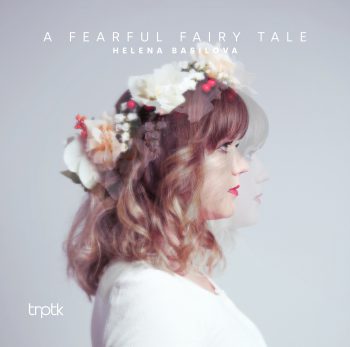
A Fearful Fairy Tale
Helena Basilova
Hi-res Download
TTK0041


